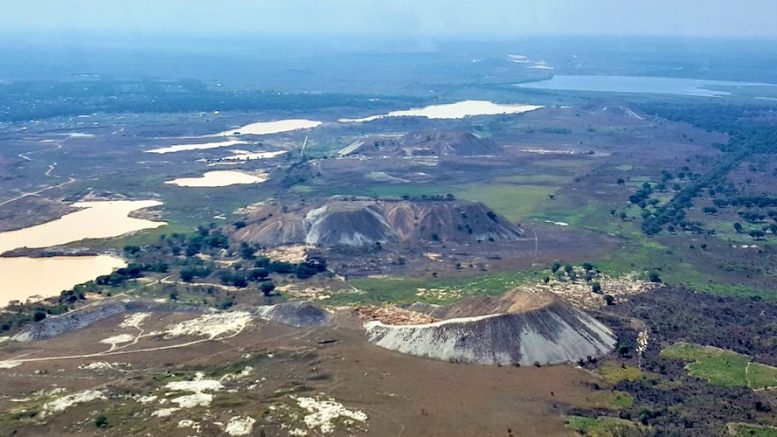Democratic Republic of Congo: Gates and Bezos invest in Manono lithium as global scramble for battery metals intensifies

Two of the world’s wealthiest figures, Bill Gates and Jeff Bezos, are making a high-profile move into Africa’s critical minerals sector, backing a major lithium venture at the Manono deposit in the Democratic Republic of Congo (DRC).
The site, located in Tanganyika province, is considered one of the world’s largest untapped lithium reserves, positioning it at the centre of the global race for resources vital to the energy transition.
Lithium, a core component in electric vehicle batteries, has become a strategic commodity as nations accelerate the shift toward green energy.
Through KoBold Metals, a U.S.-based mining exploration company supported by both Gates and Bezos, the billionaires are entering a fiercely contested arena of international economic and geopolitical interests.
KoBold, which uses artificial intelligence to identify and develop mineral deposits, has confirmed its participation in Manono as part of a deal with Australian firm AVZ Minerals.
The project has been mired in controversy since Congolese authorities revoked AVZ’s exploitation permit for the Roche Dure section in 2023, citing delays and inadequate progress.
The move triggered a dispute involving Chinese conglomerate Zijin Mining, already active in another section of the deposit. Under a new agreement, KoBold will acquire AVZ’s stake, while AVZ receives compensation to resolve the legal battle and pave the way for development.
Spanning 1,600 square kilometres, the Manono project is seen by Kinshasa as a cornerstone of the country’s economic growth strategy. The government has welcomed KoBold as a “technological and financial partner” capable of reviving the stalled venture, with exploration permits required to be filed before July 31, 2025.
KoBold’s entry underscores a broader Western effort to secure access to critical raw materials traditionally dominated by Asian markets. The deal not only reflects shifting global supply chains but also raises questions about balancing local economic interests with international pressures.
If successful, the Manono initiative—backed by Gates and Bezos—could redefine Africa’s role in the green economy and reshape global competition for the metals powering the world’s energy future.
About The Author
dailymailafric
I am an avid African news observer, and an active member of Daily Mail Africa.
I’m Passionate about staying informed on diverse topics across the continent,
I actively contribute to publishing on political, economic and cultural developments in Africa.



